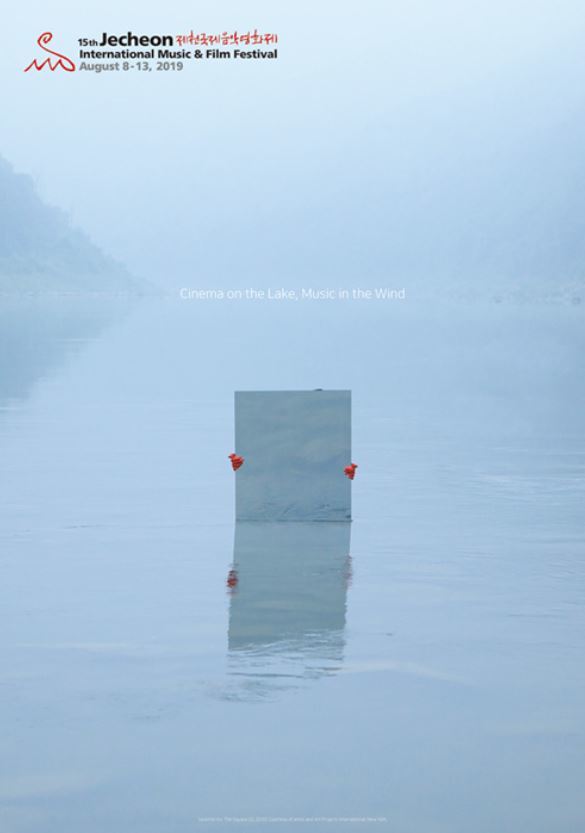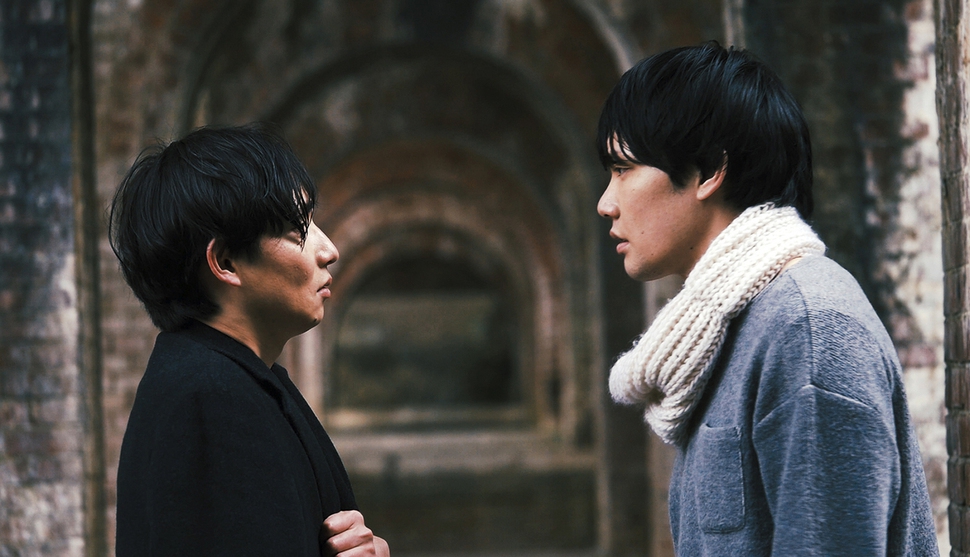Posted on : Aug.6,2019 16:59 KST
 |
|
A promotional poster for the Jecheon International Music and Film Festival, which will be held in Jecheon, North Chungbuk Province, from Aug. 8 to 13. (provided by the Jecheon International Music and Film Festival
|
Seven Japanese films will be screened as originally scheduled at the 15th Jecheon International Music and Film Festival, which is kicking off on Aug. 8. Some groups, including the Jecheon City Council, had called for the festival to cancel the Japanese films in protest of the Japanese government’s decision to drop South Korea from its “white list” of countries that enjoy streamlined export procedures. As we see it, though, the festival’s secretariat and the city of Jecheon did the right thing in deciding to screen the films in the face of public opposition.
No matter how wrong the Japanese government may be in its “economic provocation,” that doesn’t make it right to shut down private-sector exchange as well. If anything, it’s more important than ever for artists and other conscientious individuals from the two countries to engage in various kinds of cultural exchange. After all, cultural exchange is one of the only avenues for raising awareness of the historical truth about the comfort women, who were forced to provide sexual services for the Japanese imperial army, and about Korean victims of forced labor during the Japanese colonial occupation. It’s necessary to remember that the ability to rein in the Abe administration and moderate its extremes ultimately lies with the Japanese public.
 |
|
A scene from the film, “Arcadia,” directed by Takemoto Yoshino, which will screen at the 15th Jecheon International Music and Film Festival.
|
The reasons cited by the festival secretariat for going ahead with the screening is that the films in question are nonpolitical pieces of pure art and that several of them were made in collaboration with people from other countries. This explanation can be seen as having been moderated to cater to Korean public sentiment — it would be dangerous to misread it as signifying that the freedom of expression is only guaranteed for “nonpolitical artwork.” Provided that a piece does not incite discrimination and hatred, or clash with basic human values, the freedom of expression should be guaranteed as much as possible. That’s how we can justify our condemnation of the Japanese government’s forcible removal of a comfort woman statue from the Aichi Triennale 2019.
In comparison with the reasonable attitude adopted by the private sector, several politicians have crossed the line with their harsh language and behavior. When South Korean President Moon Jae-in dined at a hoe (raw fish) restaurant in the countryside, the Liberty Korea Party (LKP) attacked him for eating “sushi” and then slammed the head of the Democratic Party for drinking locally produced cheongju (refined rice wine), which it called “sake.”
It’s ridiculous enough for the LKP to suddenly pass itself off as the party of extreme patriots after spending more energy attacking Moon than Abe, and the party’s hope of exploiting anti-Japanese sentiment for its own political advantage is only too evident. Even a Democratic Party lawmaker suggested that a travel ban should be slapped on Tokyo, prompting us to ask whether he thinks the government has the right to control South Korean citizens.
Even as Japanese society shifts to the right, there is no small number of conscientious Japanese citizens who are willing to speak their mind. The fastest way to defeat the Abe administration’s provocations is to share their values and build an alliance with them.
Please direct comments or questions to [english@hani.co.kr]










